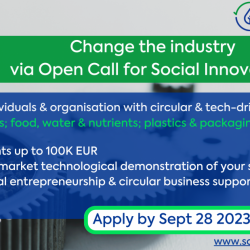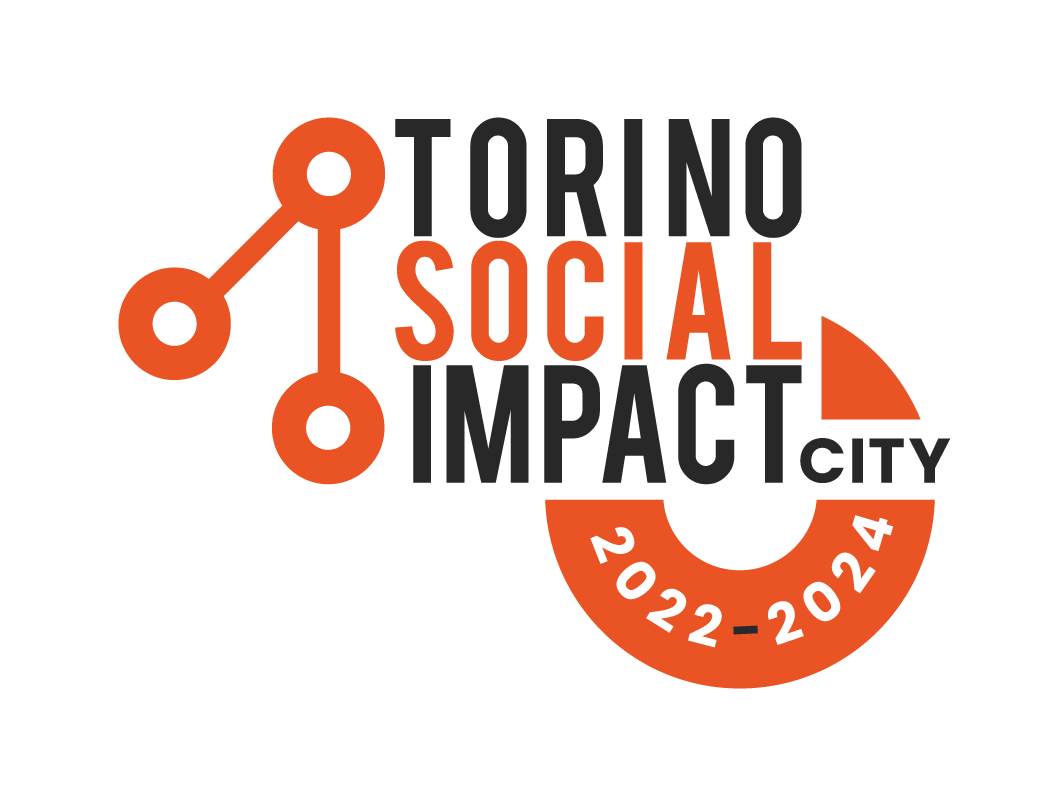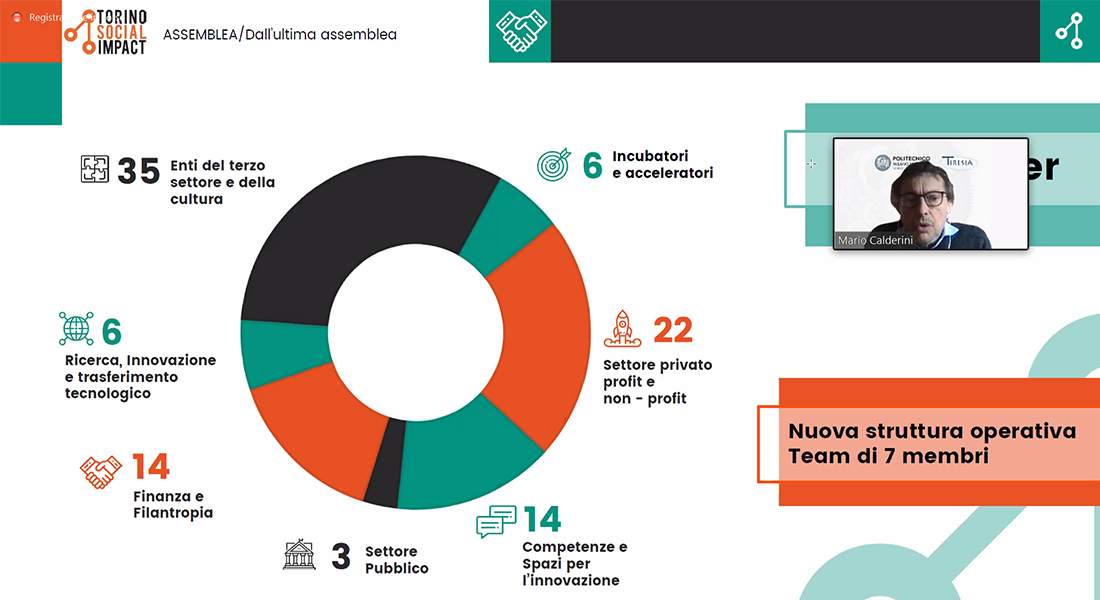In a phase of global uncertainty, Torino Social Impact is the transversal alliance of 100 subjects of the territory united in a new model of inclusive development for the city, in the framework of the European debate for recovery from the crisis, in which the social economy will play a key role on a par with more traditional industrial and economic ecosystems. These are 35 entities of the third sector and culture, 22 private profit and nonprofit sector entities, 6 incubators and accelerators, 6 research, innovation and technology transfer entities, 14 dedicated to skills and spaces for innovation, 14 to finance and philanthropy, 3 public entities.
The assembly, reserved for partners, opened with introductory greetings and future prospects by Guido Bolatto, Secretary General of the Chamber of commerce of Turin, Paolo Mulassano, Planet Objective Manager of the Compagnia di San Paolo Foundation, Marco Pironti, City of Turin Councillor.
Following the report on future activities and scenarios by Mario Calderini, Spokesperson of Torino Social Impact.
After a moment of debate, 4 separate working groups were launched at the same time.
The participants, according to their choices, started a collection of ideas on: 1. Innovation mapping 2. Impact finance 3. Tech4good 4. Internationalization.
The objective is to bring out concrete proposals on the 4 strands that, in addition to being at the center of IST’s mission, could be central in the city’s policies in the coming years. For this reason, the groups have started today a work that will continue in the coming months.
Group 1. has laid the foundations for a mapping that serves not only to represent, but above all to attract resources and innovative projects. The objective is also to fill the gaps, enhancing the most hidden but high potential territorial realities, identifying indicators for these evaluations.
Group 2. will focus on matching supply and demand for impact finance, on the theme of setting up dedicated funds and on urban regeneration as the main theme of the interventions to be stimulated.
Group 3. aims to initiate work on understanding and decoding the Tech4good strand as a lever for sustainable change that uses technology to benefit people and the environment.
Group 4. proposes itself, through TSI, as a place to put the common heritage of international relations as a resource at the disposal of the territory to obtain credibility and listening at an European level.
Remaining on the potential of TSI as a bridge to Europe, during the Assembly was also launched the 2021 Torino Impact City initiative: 3 international events are already on the agenda in Turin: GSG – Ashoka – IRIS Network and TSI will continue to be a protagonist in Road To Mannheim, the policy-shaping process towards the European Action Plan for the Social Economy that will be approved in the second half of 2021.
In the second half of 2021 will be approved a European Action Plan for the Social Economy, a key document of a new vision of the economic system, a key tool to systematically integrate the social economy in the different socio-economic policies of the European Union, as well as in its actions to achieve the Sustainable Development Goals (SDGs). A plan in which third sector and social impact can play a transformative role and strengthen the capacity to react to crises. The Covid-19 crisis has highlighted the strong contribution of the social economy to the well-being of the population, proving to be a fundamental part of the European Protection Network and therefore a pillar of the socio-economic landscape of Europe. At the same time, however, the negative economic impact on businesses and social organizations has been strong and concrete actions are therefore necessary to safeguard this crucial part of the European entrepreneurial fabric, which must be considered a pillar of a new economy that brings social and environmental value.
In the path of accreditation at the EU that TSI is strongly pursuing in recent months, there is also the speech of Mario Calderini, IST spokesman, as keynote speaker at the seminar organized on November 26 by the European Commission, “Envisioning the future of social economy as a catalyst for transformational change in industry and society”. The event is part of the conference Recovery Strategy for Europe, the third stage of the Road to Mannheim program towards the construction of the EU Social Economy Action Plan. The participation of IST spokesperson Mario Calderini confirms IST as a model of territorial partnership for the strengthening of ecosystems with social impact, which was already presented in September at the first Road to Mannheim event “New challenges, new innovations, new solidarity – Social economy in the fight against COVID” and was also selected by the European Commission as the organizer of one of the panels of the last Road to Mannheim conference, scheduled for April 29th on “Partnerships for maximizing social impact”.
Popular
 SoTecIn Factory launched an Open Call for Social Innovators 4 September 2023
SoTecIn Factory launched an Open Call for Social Innovators 4 September 2023  Turin meets the Third Sector for the 100… 31 July 2023
Turin meets the Third Sector for the 100… 31 July 2023  BE A LADY they said 15 January 2024
BE A LADY they said 15 January 2024  A Green Deal and an Action Plan for the climate… 18 October 2023
A Green Deal and an Action Plan for the climate… 18 October 2023  Workshop on Twin Transition – Next challenges for a… 6 December 2023
Workshop on Twin Transition – Next challenges for a… 6 December 2023  The world’s biggest hackathon returns to… 14 September 2023
The world’s biggest hackathon returns to… 14 September 2023 

